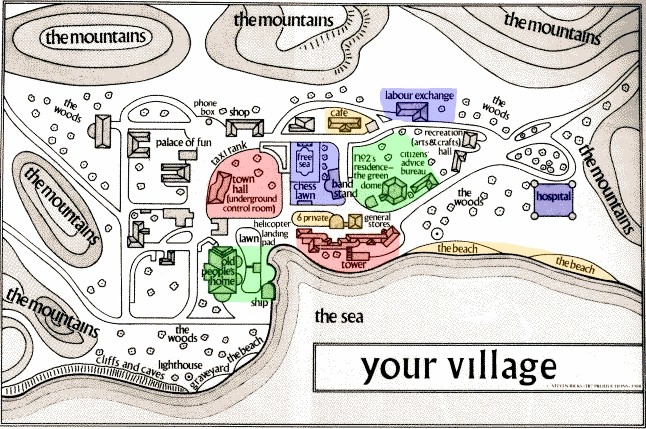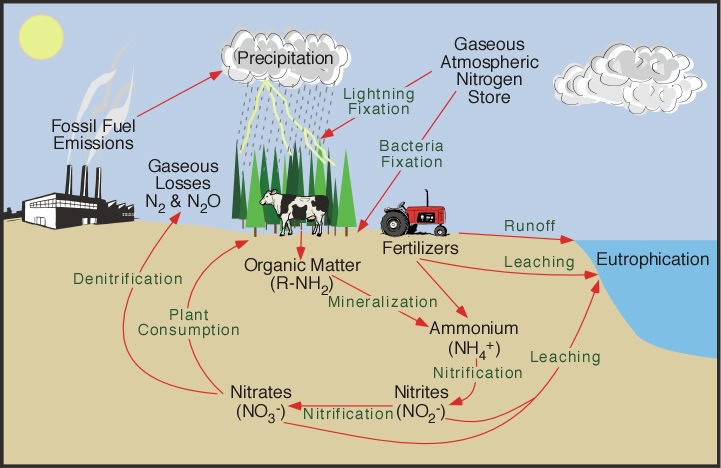
I’ve written quite a bit in the last few weeks about waning resources, changing values, and current and potential problems. The common threads among many of these discussions have been ethics, economy, and environment. I see these lines of inquiry as inseparable.
Having devoted much effort to challenges and questions, I’d like to focus briefly on solutions and answers. I believe that the only solution that will address ethics, economy, and environment with due weight is that of sustainability. For readers who are unfamiliar with this concept, sustainability seeks to create systems that can continue ostensibly forever. Such systems find a balance between inputs and outputs, resources and waste. These systems often rely on efficiency and repurposing waste products. This idea is not new; many human cultures have lived in sustainable equilibrium with their surroundings, making use of their environment without disrupting it. Many modern avenues of sustainability advocate lifeways that are far more similar to what you and I understand than to traditional sustainable lifeways.
I should qualify this by making it clear that I see sustainability as an ideal that people should approach through continuous improvement. Anyone, regardless of the magnitude of their ecological footprint, regardless of convictions about ethics or the economy, can move toward a more sustainable lifeway. For many people, such changes will save time and money.
One could write a book on sustainability (and many have), but there are some core concepts that have some hope of fitting in this space. To achieve a sustainable world, I see the central shifts in thinking and practice as awareness, an evolution of values, the realization of common wealth, and mass-localization/community development. There are plenty of outcomes and caveats that are worthy of discussion, but this is a place to start:
Awareness: The first and possibly the most important step is for the public to understand our economy, our lifeway, and how these bear upon the natural world. This does not mean that everyone needs to drop what they’re doing and go earn a PhD in ecology or natural resource economics. Instead, we need to follow in a grand human tradition of genuinely understanding how we make a living, and teaching this knowledge to our children.
The initial pieces of this puzzle, as I see them, are to understand where your food and energy come from; “the grocery store” and “the light switch” are insufficient answers to these questions.
It’s very important to understand your household’s relationship with water. How much do you consume? Where does it come from? Where does it go when it goes down the drain, or runs down the end of the driveway? Who else and what else uses it?
Likewise, it’s important to understand what happens when you throw something away. Where does it go? What happens to it physically?
These pathways of understanding lead to the critical question, “Is there a better way?”
Evolution of values: We must realize the inherent worth of the other members of our human family. We all need to take steps to eliminate poverty and injustice. It is commendable to volunteer one’s time and resources for such causes, but it would be better still if we obviated the need for such reactions by adopting a lifeway that mitigates or eliminates them.
We must also recognize the value of nonhuman species and natural systems. If we choose not to honor these with innate worth, we must at least recognize that they are of enduring value to humans. Natural systems provide water to drink and the air that supports us and the crops we need for food, clothing, shelter, and energy. Disrupting these systems is short-sighted. Similarly, we have no idea what plants and animals may one day be of practical use to us. Preserving biodiversity is a tangible investment in our own future.
Recent research has again demonstrated that money does not buy happiness. Having enough to live comfortably, having friends, family, a community, and a purpose bring happiness.
Realization of common wealth: Many countries (and other political divisions, like states, parishes, provinces, prefectures, counties, cantons, cities, &c.) own useful resources, like forests, minerals, and waterways. These publicly held resources belong to the citizens of those various places, and their use should directly benefit the citizenry. For instance, if a corporation wants to cut timber in a state forest, rather than the process existing as a giveaway of public resources to the timber company, the company would have to compensate the citizens for the right to log. This money could be distributed to the citizens in a model similar to the Alaska Permanent Fund, or could be held in trust and provided to citizens as money for healthcare expenses, college tuition, and other broadly useful endeavors.
With some level of organization, globally held resources, like the atmosphere, or Antarctica’s existing and future resources could provide benefit to some universal human fund. This would realize a democratic stream of wealth for everyone and recognize each person’s ownership of public goods.
Mass-localization and community development: We need to produce energy and goods more efficiently. Rather than mining coal in Ohio, shipping it to a power plant in Maryland, burning it to create heat to generate electricity, transmitting that electricity over miles of cable back in the same direction the coal traveled from, and using that electricity to heat a coil in a hot water heater, we need to focus on generating and managing energy in situ. Energy is used in mining and transporting the coal. Energy is wasted in converting the chemical energy in the coal into heat, into mechanical energy, into electrical energy, and back into heat. Instead we could generate both electricity and heat for hot water on our own roofs. Likewise, office buildings and shopping centers could be covered in photovoltaic cells and produce electricity for a profit. Why shouldn’t a sprawling shopping mall be covered in wind mills?
We must strive to save resources by growing more of our own food, by shopping in local businesses, and using commonly held resources, like libraries and parks.
We need to invest our time and interest in the institutions of community. Participating in local government, engaging in neighborhood and local school/college events, and actively joining a community of faith cultivate values and strengthen your community.
A sustainable lifeway may be a long way off, perhaps generations. Or maybe we can realize such a vision in our own lifetimes. Either way, each person has the potential and the power to begin moving in this direction.



































_large.jpg)









